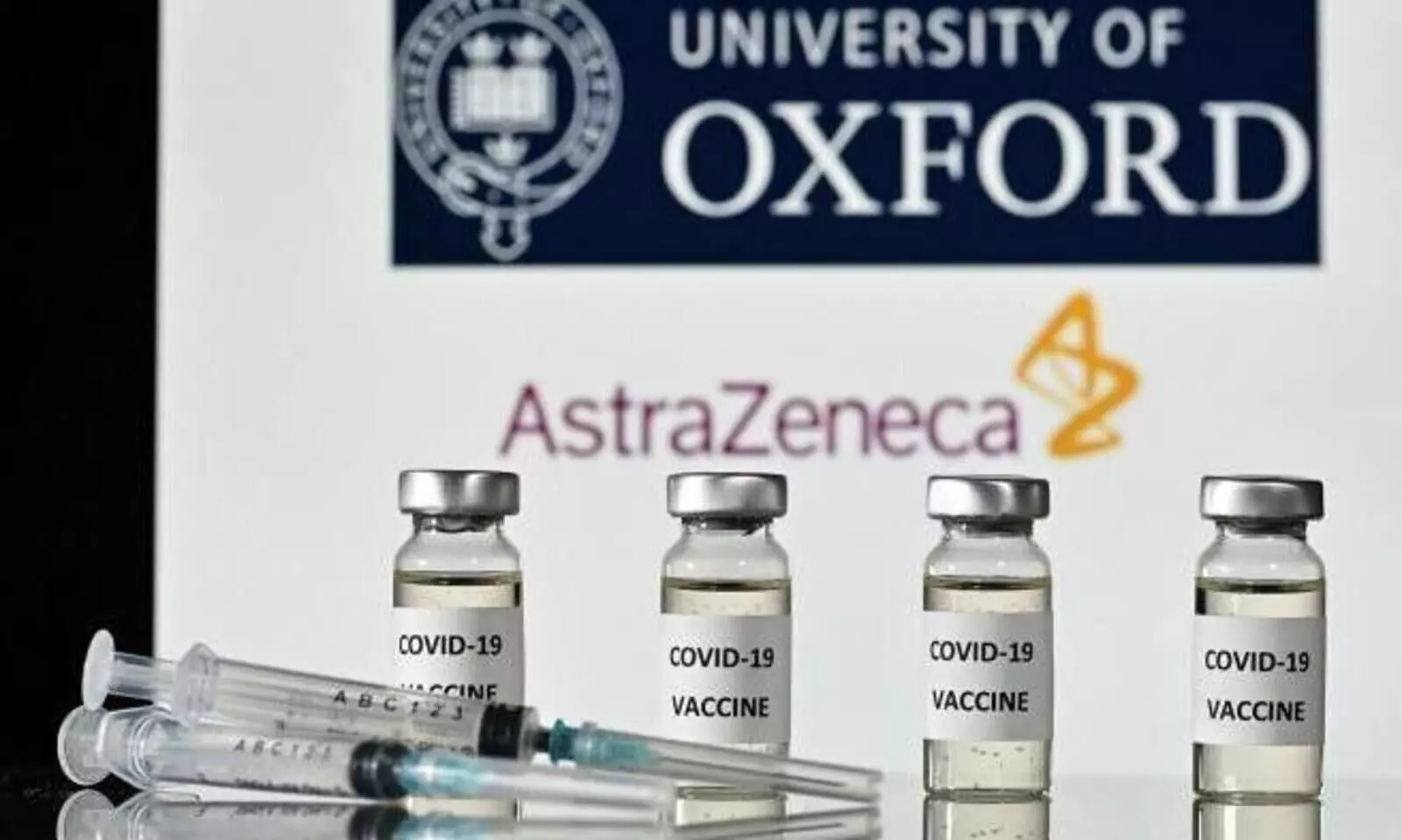
Australia links three more blood clot cases to AstraZeneca
text_fieldsThree suspected cases of rare blood clots reported post-vaccination in Australia are very likely linked to the AstraZeneca vaccine, said the Therapeutic Goods Administration (TGA) in a statement on Friday, reports Guardian. TGA, the medicine regulator in the country, said that the Vaccine Safety Investigation Group concluded that the cases of suspected thrombosis with thrombocytopenia syndrome (TTS) of two men and a woman of 49, 80 and 35 years, respectively, are likely linked to the vaccine. Symptom onset ranged from nine to 26 days after taking the AstraZeneca vaccine, Guardian report said.
The TGA said that two of the three cases are milder syndromes that were recognised early, and in one of the cases, platelet counts depressed to a limited extent. The patient developed symptoms unusually late, TGA added.
According to TGA, the majority of blood clotting cases globally are under 50. "The risk for TTS appears lower in older adults," TGA said.
"While there have been some cases seen in this group (50 plus age group), this also reflects that many countries are currently only using the AstraZeneca vaccine in older age groups." It added that the benefits of vaccination outweigh its risks in people of 50 plus age group.
"All three patients are clinically stable, have responded well to treatment and are recovering," the TGA said.
While Dr Jeannette Young, Queensland chief health officer, said that the blood clot cases are very sporadic and the three individuals recovered due to their fast reactions and staff's attention.
The Australian Technical Advisory Group on Immunisation (Atagi) informed on Friday that there were six cases, including a death, of TTS in Australia linked to AstraZeneca and five out of those were aged under 50. It added that the cases have varied in severity, with one of them turning fatal.
"People who have had TTS can make a full recovery, although some may have ongoing organ damage, including to the brain (similar to stroke) and to abdominal organs, that can result in long term health impacts," Atagi said. They had estimated that the rate of TTS is about six per million people, but currently, the estimated rate reaches 20 to 40 cases per million below the age of 50. Also, the numbers available now are not precise, and they are waiting for further updates.
But Prof Julie Leask believes that any of the available vaccines are subject to risk. She told Guardian Australia that these risks are not going away altogether when people turn 50, but it is lower. "We're not just thinking here about the risk of Covid disease because we're a country with the very low transmission or almost no community-based transmission," she said.
Though TGA linked the cases with the AstraZeneca vaccine, it said that further follow up of some remaining details are being awaited, and blood test results were "still being completed". 1.1 million doses of AstraZeneca were administered in Australia so far.






















